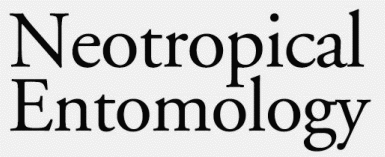The presence of antimicrobial-resistant bacteria and carried by ants isolated from hospitals was investigated in Campos dos Goytacazes, RJ, Brazil. Three health institutions were visited from 2001 to 2002 and samples were collected within critical areas of medical care based on criteria of greater risk of patient hospital acquired-infection. Four ant species were identified, Tapinoma melanocephalum (Fabricius)(63.1%), Paratrechina longicornis (Latreille)(21.1%), Monomorium pharaonis (L.)(10.5%), and Solenopsis saevissima (S. Smith)(5.3%) carrying 21 species of bacteria. The tests for bacteria species identification and antimicrobial-resistance profile were carried out by using standardized kits and evaluated by automated equipment. Among the bacteria isolates, some were considered multiresistant isolates, including genera Acinetobacter, Streptococcus, Gemella, and Klebsiella. For Enterobacter antibacterial analysis the disk diffusion standard method was used. The results suggest that there are risks for patients which seek for health assistance in the hospitals studied, and the presence of emerging bacteria isolates in hospital carried by ants must be considered.
Nosocomial infection; antimicrobial; control; urban ant



